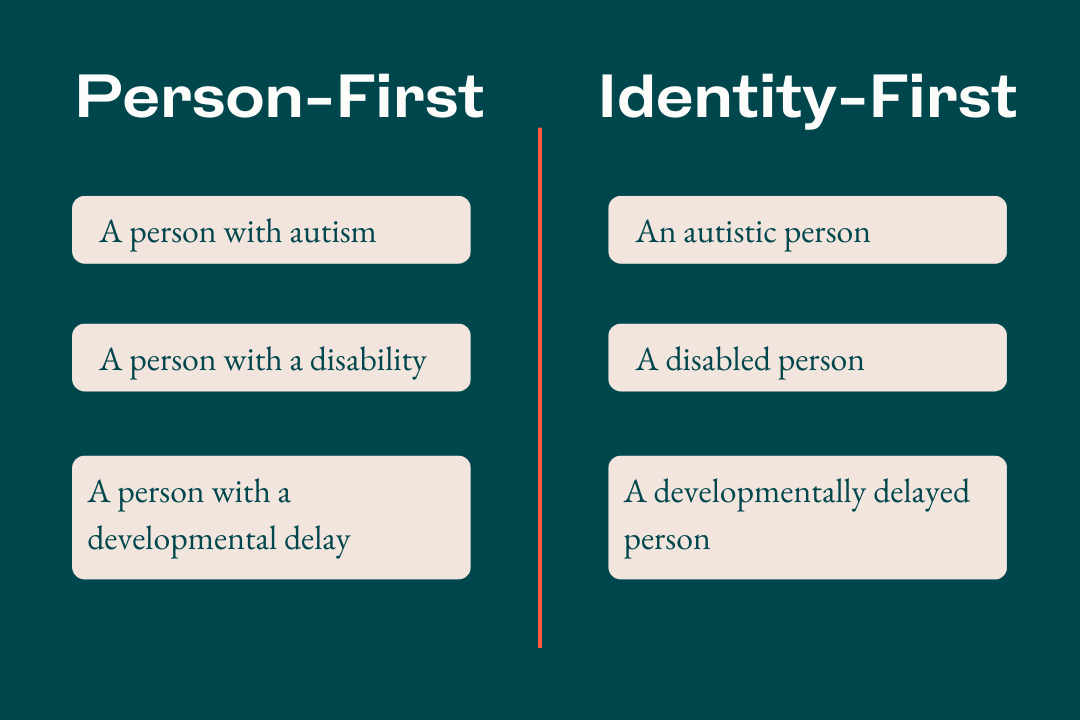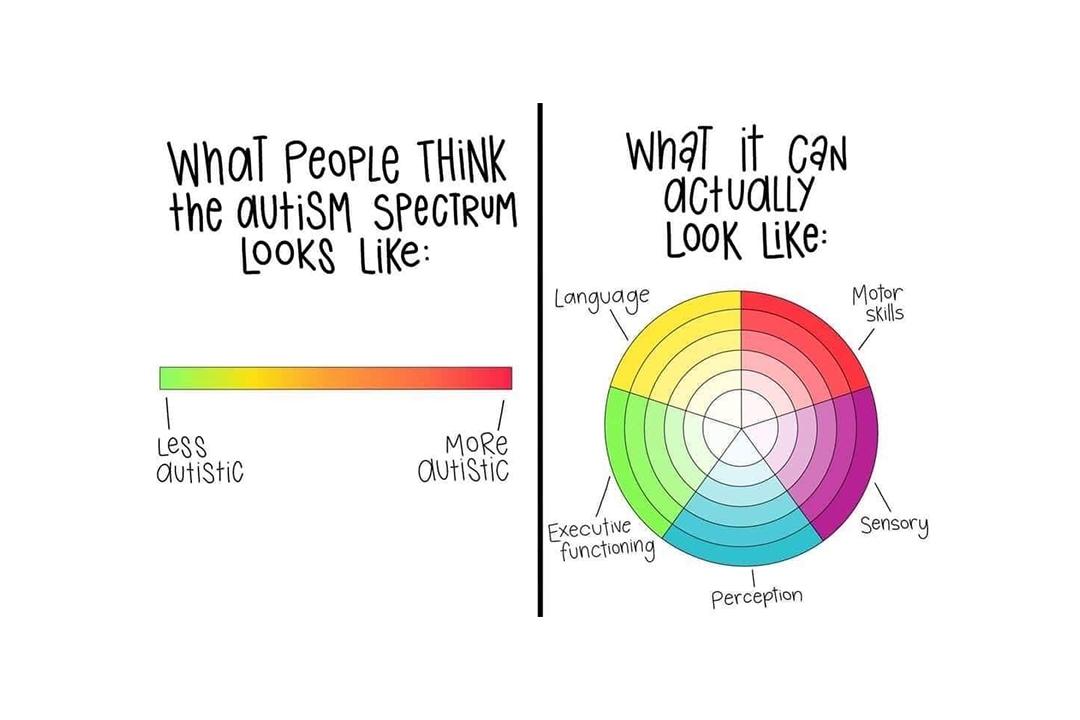
AuSM’s Use of Person-First and Identity-First Language
The Autism Society of Minnesota respects and prioritizes the right of each individual to be referred to with language that makes them comfortable. There currently isn’t a universally accepted way to refer to an individual on the autism spectrum. Some recommend person-first language (“a person with autism”) to highlight that an individual is a person before a disability. However, others, often self-advocates, note that autism is an important part of their identity that cannot be separated from who they are, and thus recommend identity-first language (“autistic”). Surveys of the autism community have found that most autistic adults prefer identity first language.
In preparing communications with our community, AuSM will be intentional in considering audience language preferences for specific printed materials, social media posts, on our website, in emails, and in other forms in which we present public information. When audience or personal preference is not known, or when AuSM is referring to a large group of people, AuSM will default to identity-first language.
If you are visiting AuSM and prefer that AuSM staff members use person-first, identity-first, or another form of address, please let an AuSM staff member know.

Functioning Language
AuSM recommends avoiding the terms “low-functioning” and “high-functioning” and “mild/severe” autism. These terms can be misleading. Someone who can hold down a job may struggle in other areas of their life. Alternatively, someone who uses a communication device may require no personal support. Additionally, someone’s ability to function can depend on context: the environment, the supports in place, their emotional state, and their level of stress. People’s abilities will change over time, whereas labels tend to be static. These labels often will be used to deny services to those seen as “high functioning” or to deny the agency and abilities of those seen as “low functioning.” Instead, you might describe the specific supports or challenges an individual has, talk about the accommodations they need, or simply refer to the individual as having autism unless more information is necessary.
For more information about functioning labels, see this position statement by the Autistic Self-Advocacy Network or our What Is Autism post.